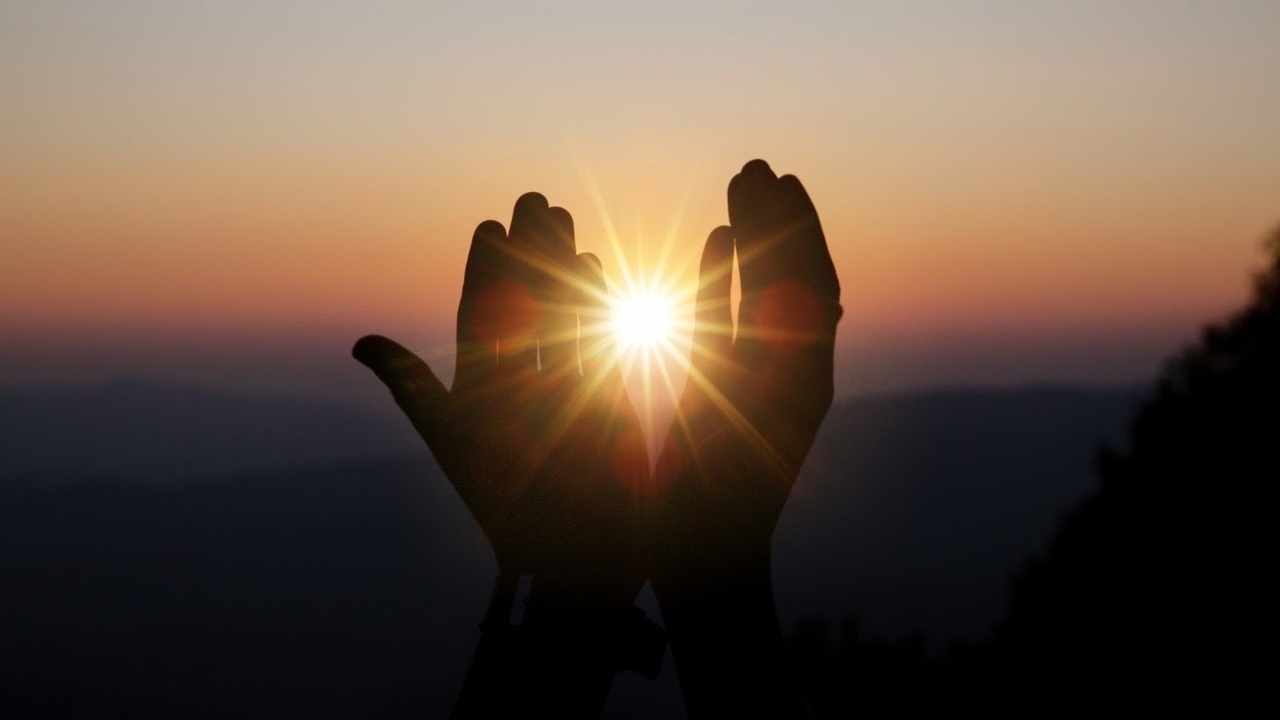Developing a Hopeful Mindset

Desmond Tutu said, “ Hope is being able to see that there is light despite all the darkness.” It whispers “You’ll overcome this hardship.” It reassures us, soothing our minds by reminding us, “life will improve.” Our lives are infused with pain and suffering. Some people experience more of these regrettable symptoms of the human condition than others. Our Monday Motivation article by Dr. Caroline Leaf sets the stage in reminding us we can overcome hardship with hope. Hope provides us with strength to conquer misery and despair, caused by misfortune.
“I am going to talk about how hope is a thought “insurance policy” that can help you move through challenges and deal with hard times.
During my 30 plus years as a clinical practitioner and researcher, I have seen my share of tragedies. From traumas to toxic thinking habits, I have come face-to-face with numerous forms of hopelessness. In many cases, for many of my patients, the past, present and future looked bleak.
However, I have also seen so much hope…pervasive, resilient, determined hope. I was and am continually surprised by the resilience I observe in people who come from all walks of life, with all kinds of stories.
Although everyone’s narrative is different, I have noticed that several key elements are often associated with the development of a hopeful mindset that acts as an insurance policy during tough times:
- A deep sense of community. When people are surrounded by family and friends who care enough to notice, listen and help them find solutions to the problems they face, they tend to have more hope. A sense of community helps build hope into the brain and body!
- Acceptance. People who feel valued for who they are as a person are generally more hopeful because they are more grounded in themselves.
- Inspiration. Individuals who are inspired to do something that is bigger than who they are often have a sense that there is something to live for that is bigger than just them or what they are going through, which often gives them more hope.
- A sense of ownership. The people who feel that they own their own lives, that they are the authors of their own story, tend to have more hope than people who do not have a sense of autonomy.
- Freedom. Individuals who feel that they are free to express their own beliefs and philosophies and are not driven by external constraints also have more hope.
- The ability to live an examined life. People who can stand back and get perspective on where they are going, what they are doing and what they want from life tend to be more hopeful.
- Living outside of social labels. People who do not get stuck in labels or the way society tries to define them often have more hope.
- The courage to embrace pain. Individuals who embrace, rather than suppress, their feelings are often more hopeful. They tend to embrace and process their fears, uncertainty and pain, and turn these feelings into positive action, often making a difference in their communities. Indeed, individuals who have more hope tend to accept that bad days happen and that that life can be difficult, but they decide to push through, feel the pain, and not give up.
- Planning ahead. People who acknowledge that life is not a bed of roses and plan ahead, developing a strategy for resilience that includes talking to others and asking for help, tend to be more hopeful.
- Knowing what can be controlled. Often, people who are more hopeful understand that, although they cannot control the circumstances of life, they can control their reactions to these circumstances.
In many cases, the absence of one or more of these factors can lead to hopelessness and despair, which is why we, as individuals and as a society, need to create communities that don’t just make a difference, but are the difference. We need places where people can develop resilience, find hope, experience love, feel their pain, develop meaningful relationships and recognize that, although life can be hard, they are more than capable of dealing with these challenges, achieving their dreams and changing their world for the better.”
Hope is not wishful thinking, nor is it magical thinking. Hope is an emotion, a mindset, a belief, a motivation, that despite setbacks and obstacles, despite hardship and misfortune, despite the unknown last chapter of one’s life story, we believe that life will work out, that we can take our last breath knowing there is something else beyond this world. Hope motivates us to persevere, into the darkness to journey onward, despite the obstacles blocking the trail of life.

